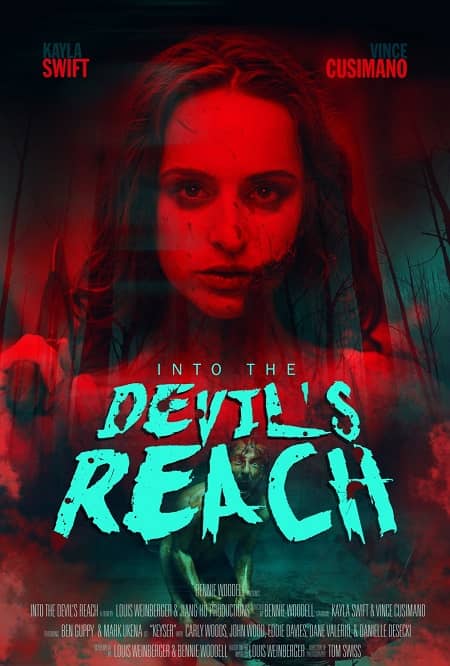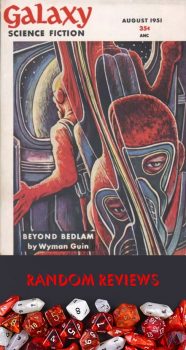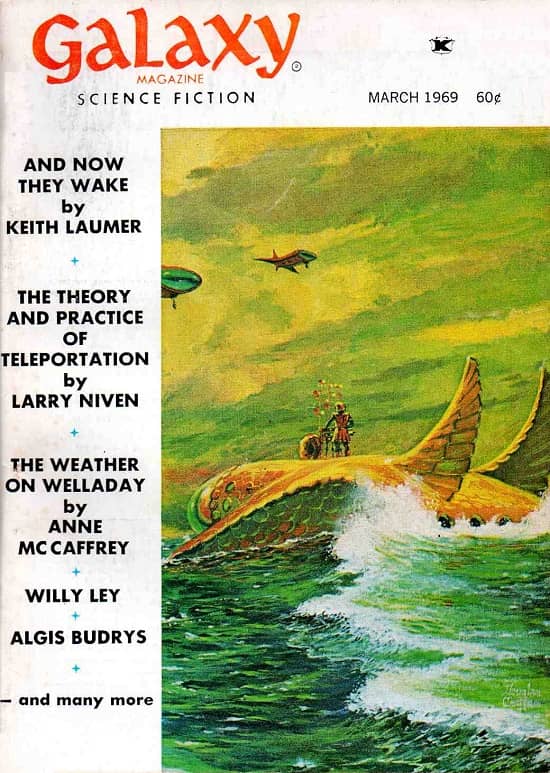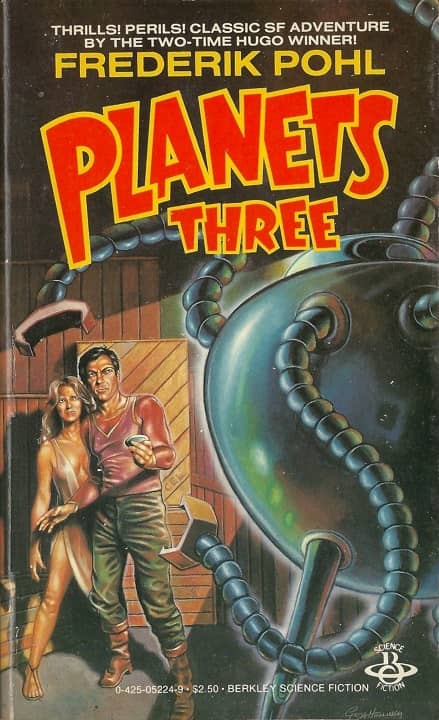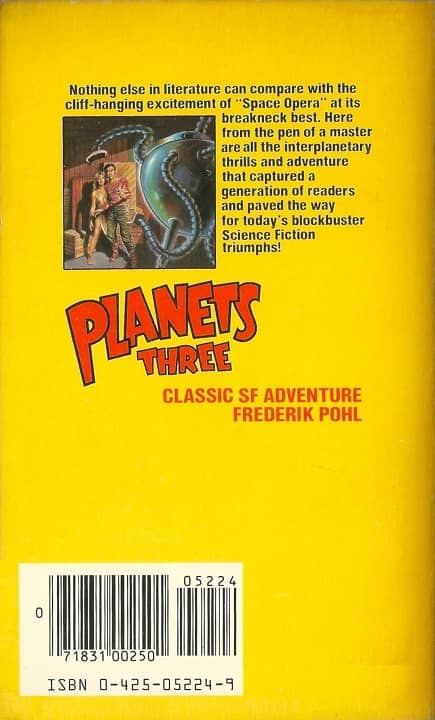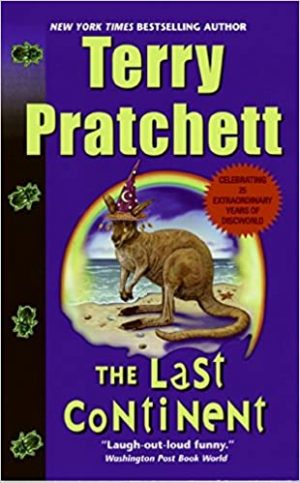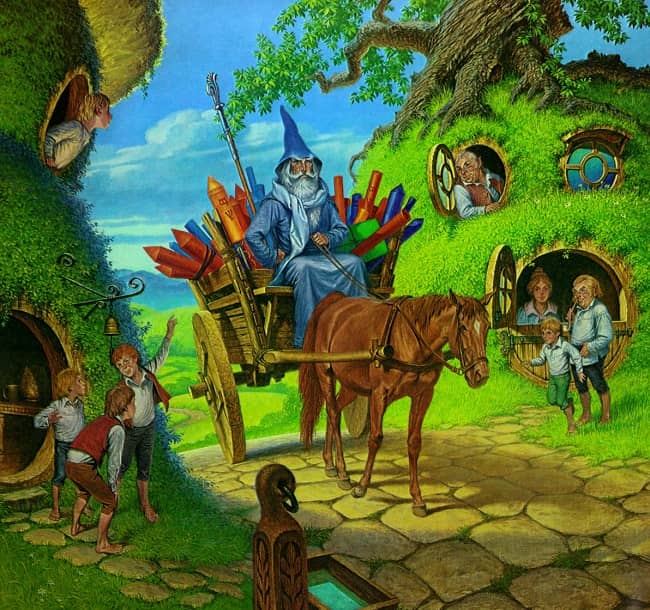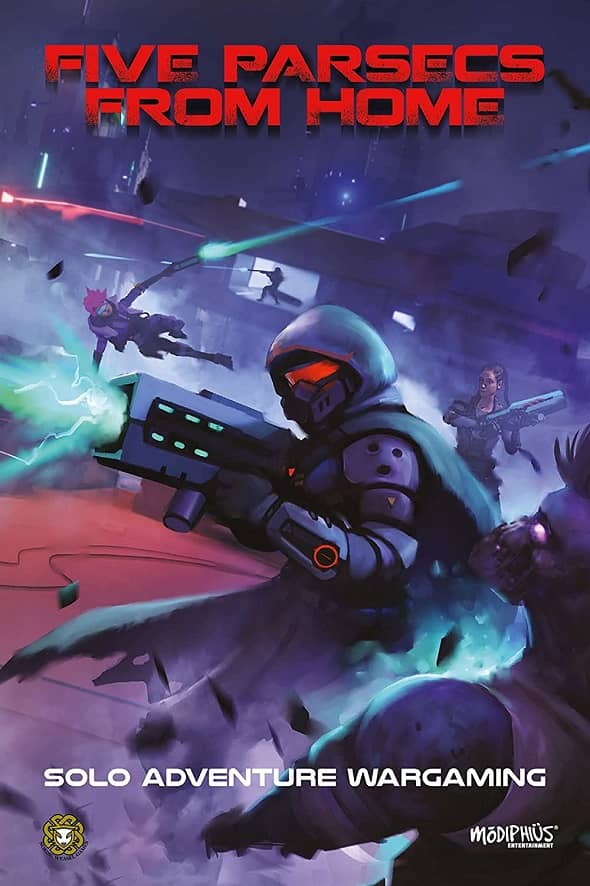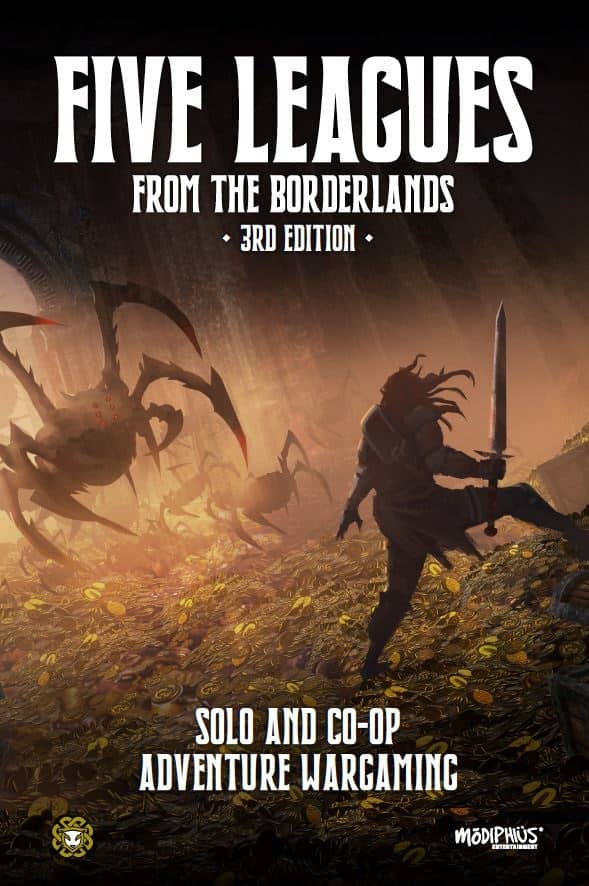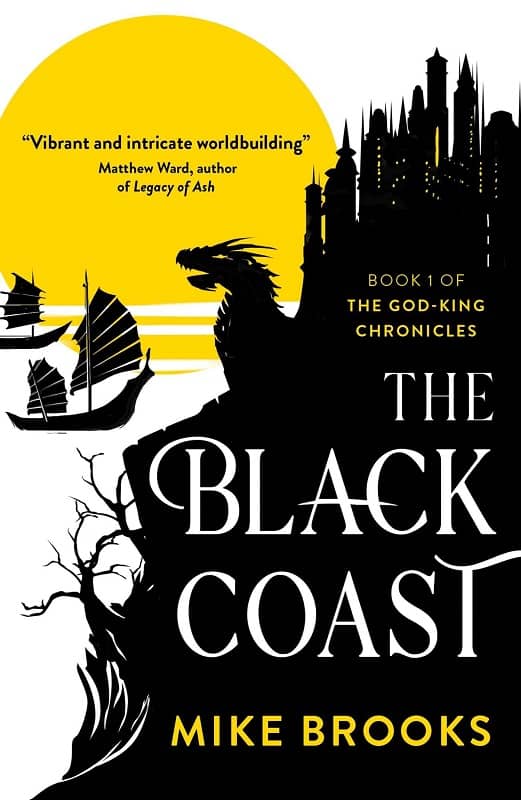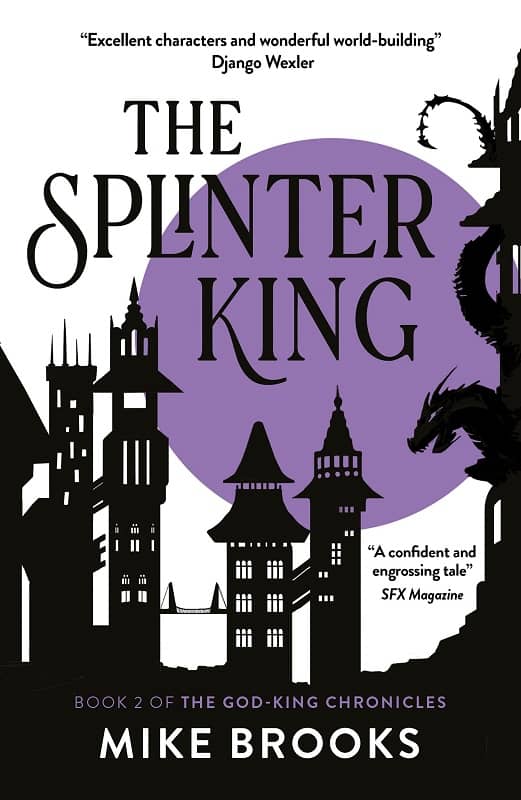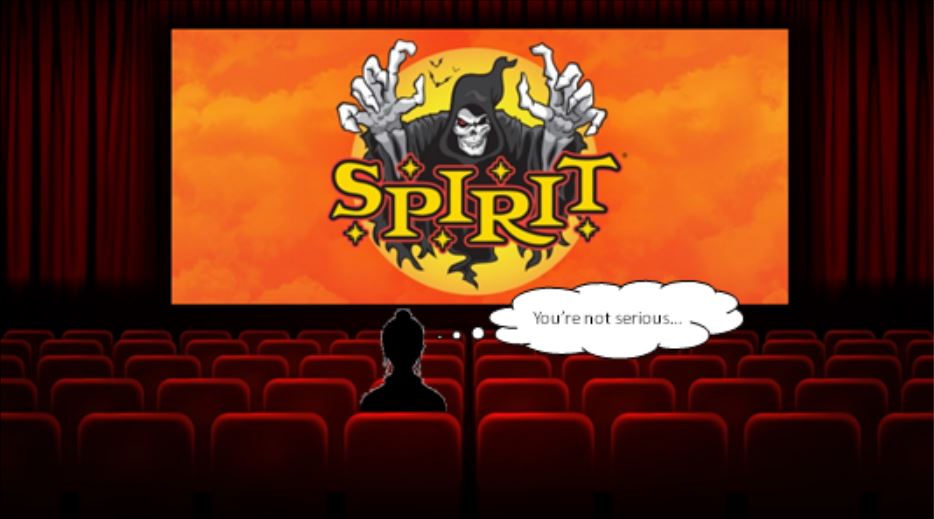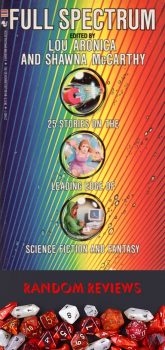Goth Chick News: 13 Questions for Louis Weinberger – Writer of Into the Devil’s Reach
We here at Goth Chick News never fail to be impressed by indie filmmakers. It takes an incredible amount of patience and tenacity to bring a story to life on screen without the backing (and funding) of a major production house. That’s why whenever we have a chance to give you a view behind the scenes of an indie film, we’re all too excited to do so.
Back in December we had the pleasure of meeting Louis Weinberger whose story Into the Devil’s Reach made the impressive jump from novel to indie film. Weinberger is a local Chicago-area writer whose primary focus is scripts. However, when two of his ideas were just too good to wait on the right film project, he combined them into a novel which was published by RedRob in 2014.
We had to know more and here to explain it all is Louis Weinberger.
